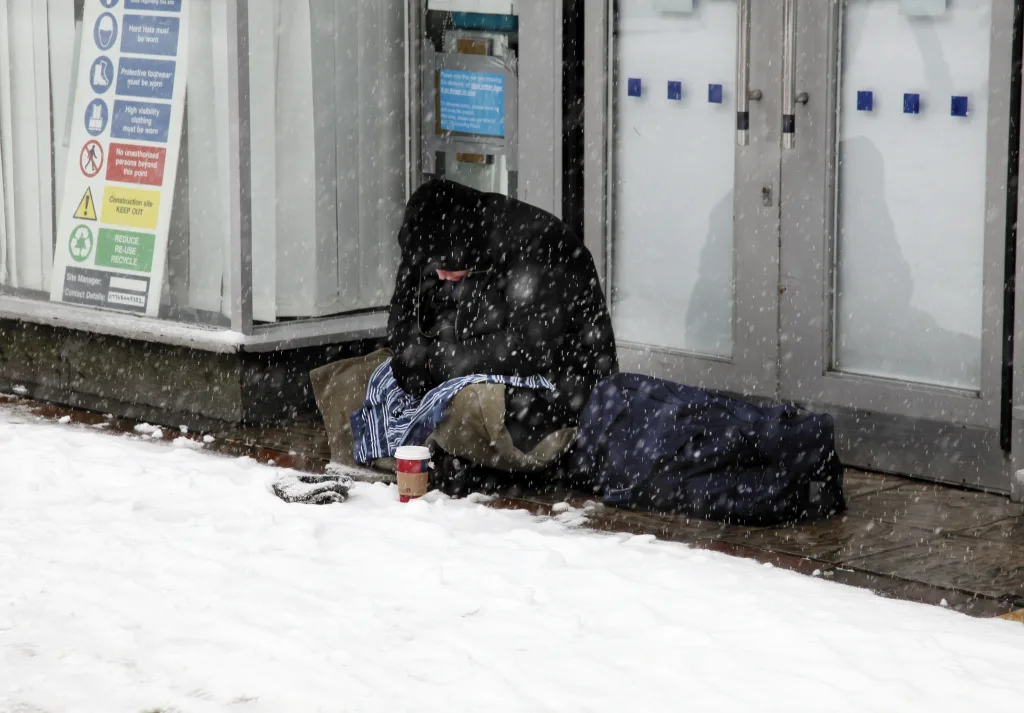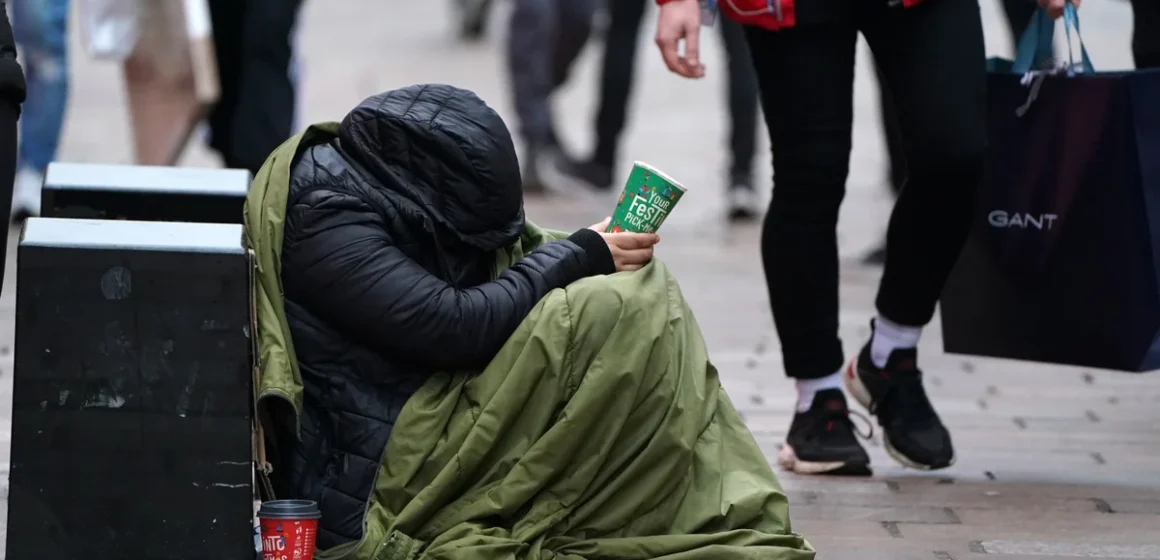Imagine arriving in a new country, finally granted safety and the right to stay… only to find your clock starts ticking. This is the harsh reality for countless refugees in the UK — and it’s about to get a lot tougher.
What’s Changing with Refugees — And Why It Matters
On 27 August 2025, The Guardian revealed that the UK Home Office plans to slash the “move-on period” for newly protected refugees from 56 days down to 28 The Guardian. In other words, people who’ve finally escaped danger are now given just four weeks to find a job, apply for benefits, and rent a home before being evicted from government accommodation.
That’s not even enough time to receive Universal Credit, which typically takes 35 days to process. Refugee organizations like the British Red Cross and Naccom warn this policy change could lead to a surge in homelessness and rough sleeping among refugees, especially this winter The Guardian.
Think that’s harsh? In the last year, refugee homelessness nearly doubled, while rough sleeping among this group soared by 125% The Guardian+1. And the temporary trial of the 56-day policy had actually dramatically cut homelessness — until this rollback reversed that progress The Guardian.
A Human Crisis That Hits Across Generations
This isn’t just refugees’ crisis; it affects us all — especially young people.
- Destitution destabilizes communities: Young people watching these policies unfold understand how precarious support systems are. If someone fleeing war can be pushed out into homelessness in a month, what does that say about our safety nets at home?
- Youth empathy and anxiety rise: Many young people are already stressed about housing, jobs, and mental health. Stories like these ignite frustration — and a desire for change.
- Pressure on charities and councils: These frontline helpers are already stretched thin. Cutting the move-on window adds even more pressure — which often lands on volunteers, councils, and grassroots youth services. Resources that could go toward empowering generations instead get swallowed up by crisis response.

Why the current changes with Refugees is a Wake-Up Call for Young Activists
For those aged 16–25, this issue isn’t abstract. The people facing eviction might live next door, study in your class, or be part of the generation you’re trying to uplift. Here’s why this matters — and how young people can act:
- Solidarity matters
It’s not just about empathy, it’s about action. Join organizations like Refugees at Home, which matches hosts with refugees for temporary shelter. Over 6,800 refugees have benefited from more than 700,000 placement nights so far Wikipedia. - Raise your voice
Share stories on social media — break through indifferent scrolling. Highlight grassroots shelters and activism hubs stepping in where the system falls short. Use your platform to shift the narrative. - Support reform, not rollback
Ask your MPs: Why is this policy cutting time when data shows longer support saves lives and money? Show them the facts — and ask them to stand with youth values, not political shortcuts. - Volunteer locally
Sign up with charities like Crisis at Christmas, which steps in over the holidays to offer shelter, food, and services to the homeless Wikipedia. Every hour you give adds dignity to someone’s story. - Campaign fearlessly
Youth across the world have led movements before — climate, rights, education. This is another call to step up. Radical empathy starts with showing up — online, in your communities, at protests, or through art.
What Government Advocates Say — And Why It’s Not Enough
Government spokespeople argue the policy change is a response to rising pressure on asylum hotels — and a push to expedite decision-making. But the hardship it causes far outweighs any cost savings The Guardian.
Charities counter that destitution costs taxpayers more — through emergency healthcare, policing, outreach services — than giving refugees a livable window to set up their lives The Guardian.

Final Thoughts: What Young People Can Teach Us Right Now about the Refugees Crisis
Resilience. Hope. Community. That’s what young people bring to the fight.
This winter, while the policy might push refugees toward streets and tents, youth energy and solidarity can counter that. When systems fail, vibrant communities rise. Use your voice. Offer a hand. Don’t let another friend, peer, or refugee be stripped of time, space, or dignity.
If we’ve learned anything, it’s that young people don’t just consume media — they shape it. And right now, empathy is your most powerful tool. Winter is coming — let’s make sure no one is left out in the cold.
Thank you for reading, click the link to read more of our Most Recent Articles
Zita Salum, a British, Tanzanian journalist with a London heart, is making waves in the world of media. Born and Raised in Hackney London, she discovered her passion for storytelling at a young age. Her journey began as an admin for the Inside Success magazine, but her talent quickly shone through. Zita's ability to craft compelling narratives and her knack for capturing the essence of a story led her to become an editor for the magazine.
From there, her career soared. Zita has contributed to a diverse range of publications, including the prestigious W magazine, showcasing her versatility as a writer. Her expertise spans across industries such as music, corporate, political, sports, arts, and fashion. Beyond her written work, Zita has also excelled in broadcast journalism. Her natural ability to connect with interviewees and her engaging hosting style have made her a sought-after talent in the industry.
In her free time, Zita is a dedicated networker, attending industry events and immersing herself in the latest trends. She is also passionate about investigative journalism and has produced creative documentaries that shed light on important issues. With her talent, drive, and unwavering commitment to her craft, Zita Salum is undoubtedly a rising star in the world of journalism.




Leave a Reply
You must be logged in to post a comment.